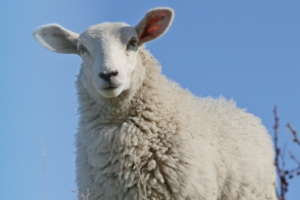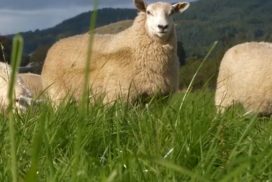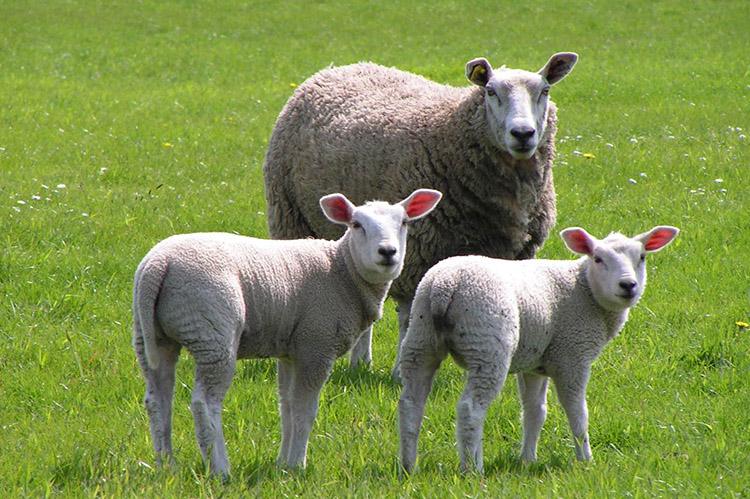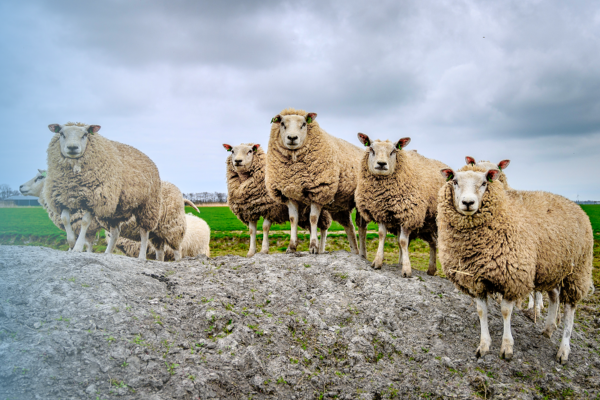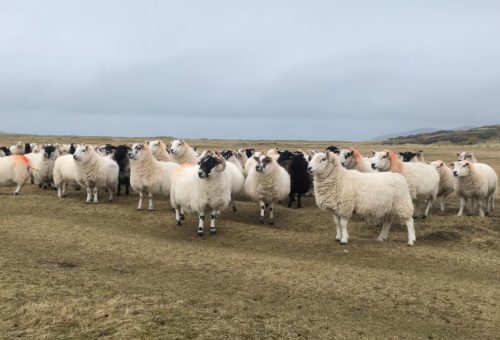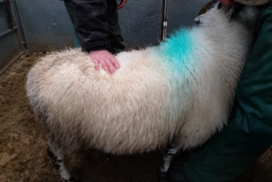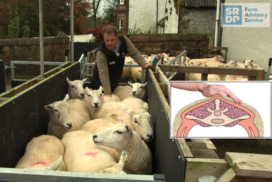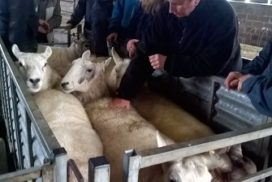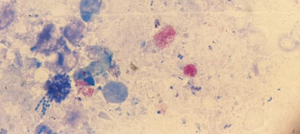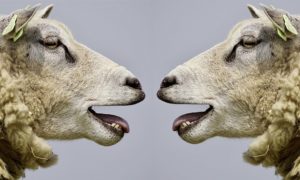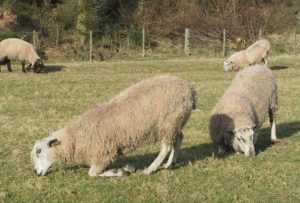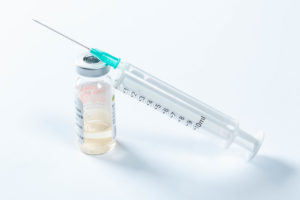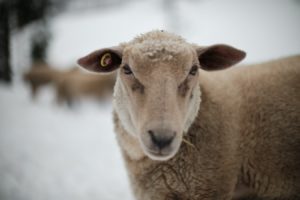Health
As well as timely articles on health issues, our team of vets have created some specific health information on sheep, these include technical notes, podcasts and videos. There are also numerous industry driven resources on sheep health, links can be found in the below section.

General Sheep Health Information
Preparing for Sustainable Farming (PSF) - Sheep Interventions
Scotland aims to become a global leader in sustainable and regenerative agriculture. By improving general animal health, it will result in better production efficiency and welfare. There are nine different interventions under Preparing for Sustainable Farming (PSF) which cover cattle and sheep, four of which involve sheep. Read more about what is covered and what funding is available here.
Disease Management
Any disease or ill health in livestock can have a negative impact on production through reduced growth rates, fertility, and rearing ability. Poor or prolonged performance will result in a rise in input costs, an extended period to sale, potentially reduced market value, and in some cases, increased mortality rates which will also result in a higher carbon footprint for the farm business.
Parasites in Sheep
Parasites affect sheep including roundworms, fluke, mites, lice, flies, and ticks which can lower flock productivity. Climate change and emerging resistance to treatment pose increasing challenges to parasite management in Scottish farms. Click here for our page on Parasites in Sheep.
Body Condition Scoring
Body Condition scoring (BCS) of sheep is a quick and simple management tool to assess the body reserves of sheep throughout the year.
Condition scoring is a physical rather than visual examination of sheep. Flocks are often made up of different breeds which have varying frame sizes, fleece cover and genetics, and sheep may have gut fill or a full fleece. Therefore it is extremely difficult to assess the body reserves of a mature sheep visually.
Body condition scoring is an effective tool to help you maximise the output from your animals and ensure you are meeting the nutritional needs of your stock. This should be carried out at least 8 weeks in advance of tupping, mid-pregnancy or at scanning, pre-lambing and weaning.
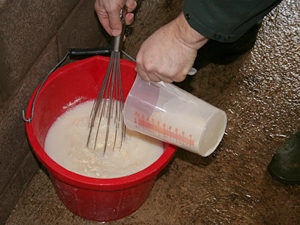
Rules Of Colostrum For Lambs
The basics – colostrum is an essential element of preventing lamb mortality. It is a super food which provides energy and nutrients, helps to maintain body temperature, and allows for antibodies which form the lamb’s passive immune system as well as being a laxative cleaning out the digestive tract of the new born lamb. Read more >>
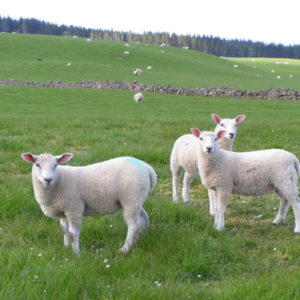
Systemic Pasteurellosis in Lambs
This year there have been increased outbreaks of systemic Pasteurellosis. While the reasons are unclear, warm wet Autumn weather may have led to increased pasture worm burdens and prolonged tick activity which, when combined with routine husbandry procedures and/or changeable weather, can increase disease outbreaks. Read more>>
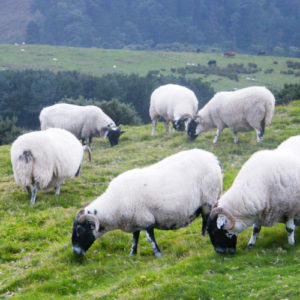
Toxoplasmosis
With current concerns over the availability of Toxovax for preventing a toxoplasmosis outbreak in a flock, we look at other preventative strategies. Toxovax is currently the only vaccine available on the UK market. This vaccine is administered to ewes at least three weeks ahead of tupping. More information>>
How to Spot Q Fever and What Action to Take
The disease Q fever is caused by the bacteria Coxiella Burnetii which can infect cattle, sheep and goats. It can also cause disease in humans, usually with ‘flu-like’ symptoms which can occasionally be severe and long lasting. This article highlights some of the clinical signs to look out for, and what actions to take. More information>>
Iceberg Diseases In Sheep
The phrase “Ice-berg Diseases” refers to a collection of chronic, infectious conditions which affect sheep. These diseases are so named due to the fact that for every visibly affected animal, there will be numerous other infected animals within the flock carrying the disease whilst only displaying sub clinical symptoms. Therefore, visibly affected animals generally only represent the “tip of the ice-berg”. More information>>
The 5 Point Plan For Tackling Lameness In Sheep
Footrot and scald are the leading causes of sheep lameness in the UK, resulting in serious loss of production and financial returns to farmers, as well as being an animal welfare concern. Read more>>
Antibiotic Use
Sign up to the FAS newsletter
Receive updates on news, events and publications from Scotland’s Farm Advisory Service

